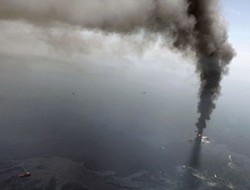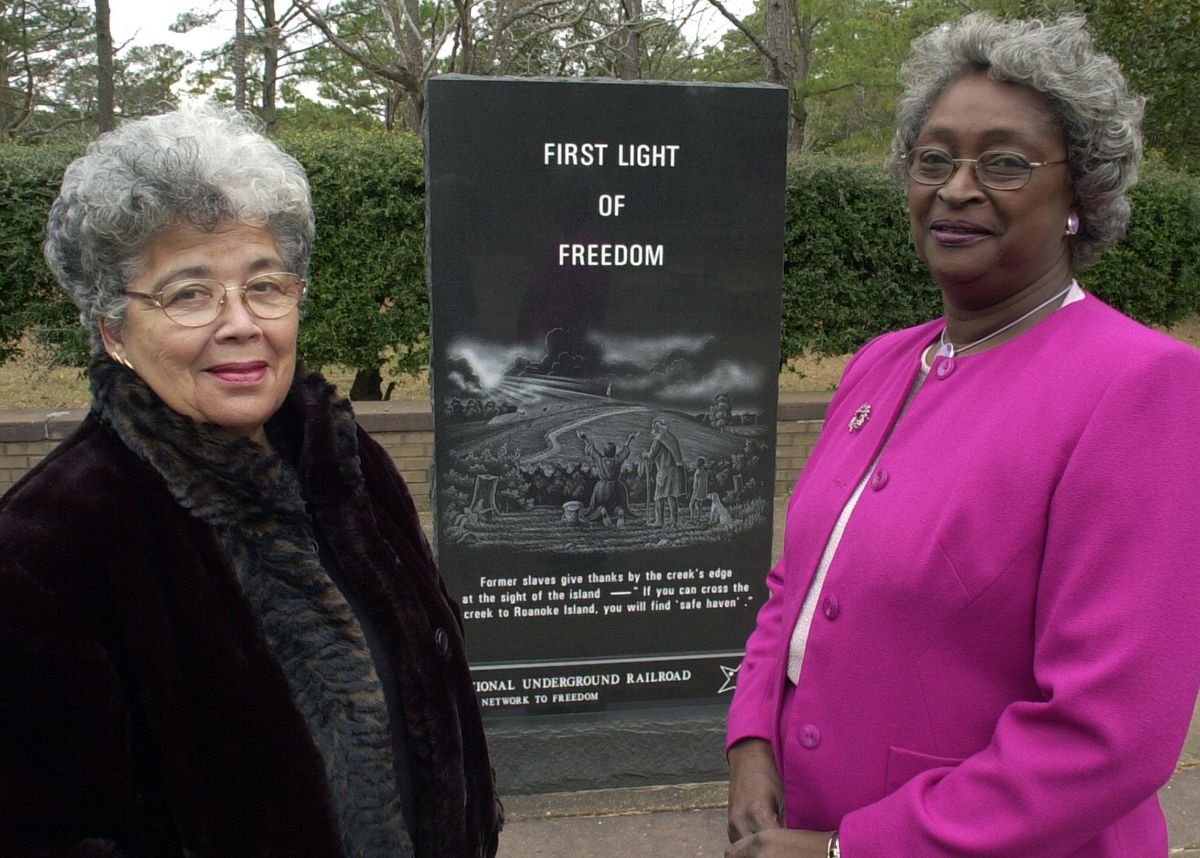To stimulate discussion and debate, Coastal Review Online welcomes differing viewpoints on topical coastal issues. See our guidelines for submitting guest columns. The opinions expressed by the authors are not those of Coastal Review Online or the N.C. Coastal Federation.
The Obama administration’s decision to consider oil and natural gas exploration along the Mid-Atlantic seaboard is a tremendous opportunity and a welcome first step in recognizing the economic potential of and the bipartisan support for offshore development in North Carolina.
Supporter Spotlight
Of course, there are plenty of limitations in the president’s plan. Any drilling will have to be at least 50 miles off the coast, and there will only be one lease sale of acreage for the entire stretch of waters from Georgia to Virginia. In the same period, the Gulf of Mexico will see 10 lease sales.
Still, this is an important announcement for North Carolina since we would no longer be one of America’s most energy-poor states. Producing offshore oil and gas here could bring thousands of good jobs to North Carolina and help fund priorities like education, coastal restoration, inlet dredging and beach re-nourishment — especially if our state government gets 37.5 percent of the revenues, as proposed by U.S. Sens. Thom Tillis and Richard Burr. States on the Gulf Coast already get this revenue, and it’s only fair that North Carolina get equal treatment.

Even without revenue sharing, our state would see significant job creation and investment – potentially up to 35,000 jobs and an annual boost of $4 billion in economic activity, according to a study by Quest Offshore Resources. The same study found that North Carolina’s extensive port infrastructure at Morehead City and Wilmington would play a major role, drawing many of these jobs and investments to that area.
America’s oil and natural gas industry pays an average salary seven times higher than the minimum wage, and stock in the companies is predominantly owned by retirees and workers saving for retirement. In other words, this industry epitomizes the middle class economics being touted by President Obama.
Based on 30-year-old data gathered with outdated technology, the federal government thinks there are 4.7 billion barrels of recoverable oil and 37.5 trillion cubic feet of natural gas off the U.S. Atlantic coast. The actual amount could be much higher, and new surveys with today’s technology are critical to better understand the amount, location and type of resource we have offshore.
Supporter Spotlight
Opening the waters off North Carolina and other Atlantic states to oil and natural gas production will also keep the U.S. moving on the right track to even greater energy security, which also leads to greater national security.
After decades of worrying about our ever-increasing reliance on imported energy, the U.S. is now a global energy superpower. We are already the world’s No. 1 natural gas producer and will soon surpass Saudi Arabia as the world leader in crude oil production. All of this is possible thanks to technological advances that allow us to locate and tap oil and gas reserves that we couldn’t see or weren’t able to access before.
New technology and standards also make offshore exploration safer than ever. In recent years, industry experts and government regulators have examined every aspect of offshore safety measures and operations to identify potential improvements in spill prevention, intervention, safety management and response capabilities.

Some of the results include new and better standards and equipment for deep water well design and blowout prevention, as well as new abilities to rapidly cap subsea wells. In April 2010, there were 699 wells safely operating at depths of 5,000 feet or greater and another 3,900 wells at depths of 1,000 feet or more – and these efforts by industry and regulators have made the industry even safer. As the co-chairs of President Obama’s Oil Spill Commission said last year, “offshore drilling is safer” now than it was in 2010.
Growing up near the coast along the Cape Fear River, I know firsthand the beauty and value of our coastal resources. I have been an avid sportsman my entire life and understand that energy development – be it wind, oil and gas, or anything else – must be done safely and responsibly.
Offshore oil and natural gas development would do much to diversify and strengthen our economy. In the Gulf of Mexico, tourism and fishing have coexisted with offshore energy for more than 60 years, and both remain strong and vibrant sectors of the local economy. Gulf fishing alone is a $980 million a year industry that supports 120,000 jobs. And to quote the co-chairs of the president’s commission once more, “tourism and resulting revenues along the Gulf coast are setting records” while “unemployment rates in most Gulf states are below the national average.”
Higher American oil and gas production has helped shield us from the crises and instability that have hit key oil producing regions around the world from the Middle East to Russia to Venezuela. Gasoline prices have fallen by well over a dollar a gallon, which AAA says will save Americans $75 billion in fuel costs this year.
President Obama’s offshore plan for the Mid-Atlantic seaboard holds great promise for the state. We can bring more balance to our economy and help further strengthen our energy security, while protecting our environment and preserving the quality of life we all love about our state. That’s an opportunity that we need to make sure we don’t miss.







